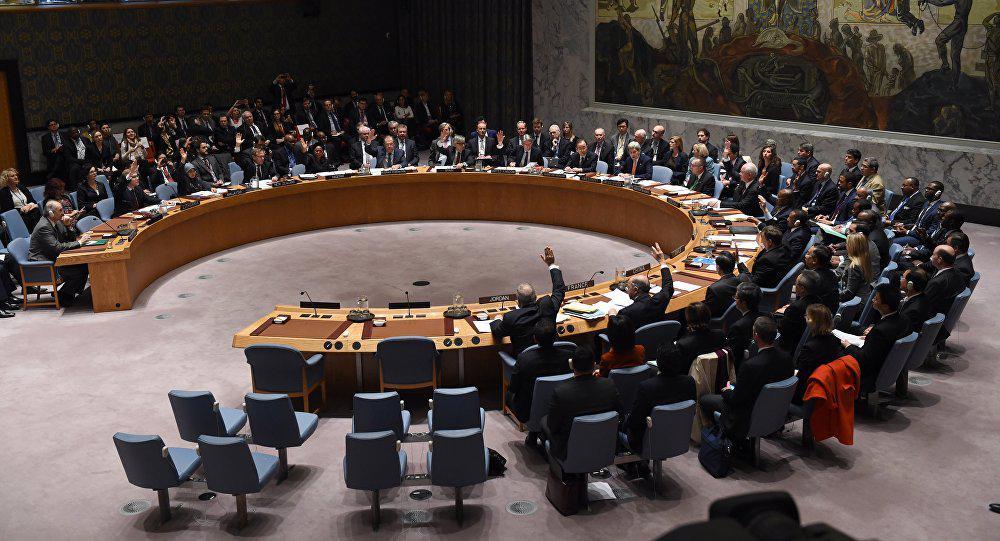SEOUL, Sept. 12 (Xinhua) -- South Korea's presidential Blue House on Tuesday welcomed a new UN Security Council resolution on the Democratic People's Republic of Korea (DPRK) over its sixth nuclear test nine days ago.
Presidential spokesman Park Soo-hyun told a press briefing that the office highly evaluated the UN Security Council's unanimous adoption in a short time of the 2375 resolution on the DPRK.
The spokesman said the resolution had a meaning of the international community's complete support for the need for stronger sanctions on Pyongyang than the previous 2371 resolution.
The UN Security Council unanimously approved a resolution imposing fresh sanctions on the DPRK. The sanctions curtailed the northeast Asian country's oil imports, banned all textile exports and prohibited further authorization of work permits abroad for DPRK workers.
It followed the DPRK's test on Sept. 3 of what it claimed was a hydrogen bomb warhead that can be loaded onto an intercontinental ballistic missile (ICBM).
About five weeks earlier, the UN Security Council adopted a resolution toughening sanctions on Pyongyang, which banned the country's export of minerals and seafood, over its tests in July of what it called an ICBM.
The spokesman said the DPRK should recognize the fact that its reckless challenge to the world peace brings only stronger sanctions, urging the country not to try to test the determined will of the international community.
He stressed that the only way to get out of the diplomatic isolation and economic pressure is to come to a dialogue table for a complete, verifiable and irreversible denuclearization.
The Chinese Foreign Ministry said the resolution called for a peaceful settlement through diplomatic and political means, supported the resumption of six-party talks and stressed measures to de-escalate tensions on the Korean Peninsula.
The six-party talks, which involve the DPRK, South Korea, the United States, China, Russia and Japan, were initiated in Beijing in August 2003, but have been stalled since December 2008. The DPRK dropped out of the talks in April 2009.
